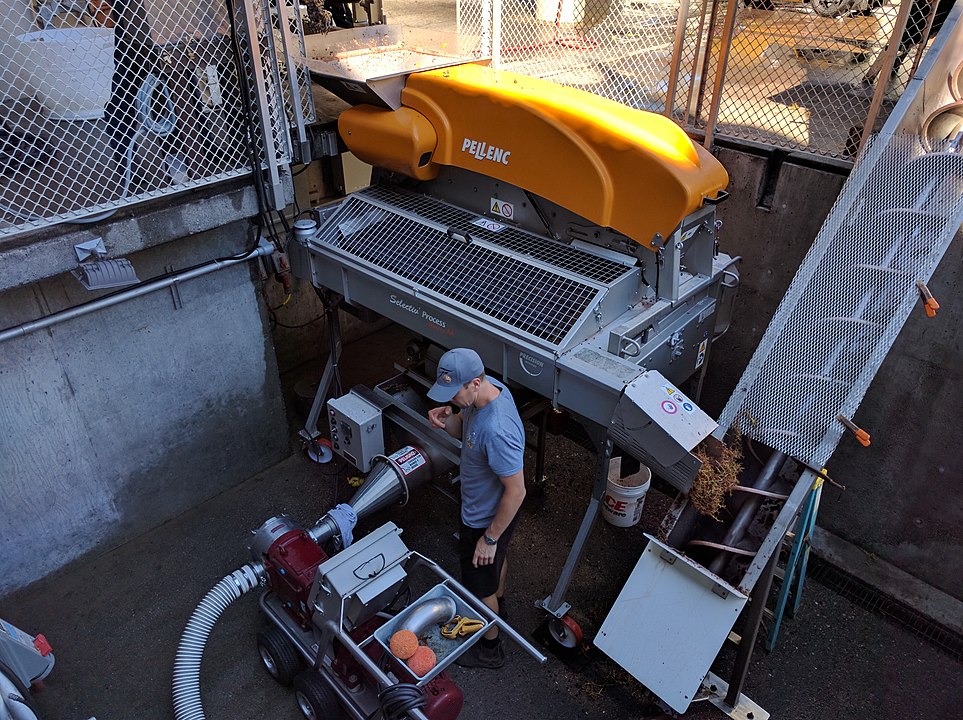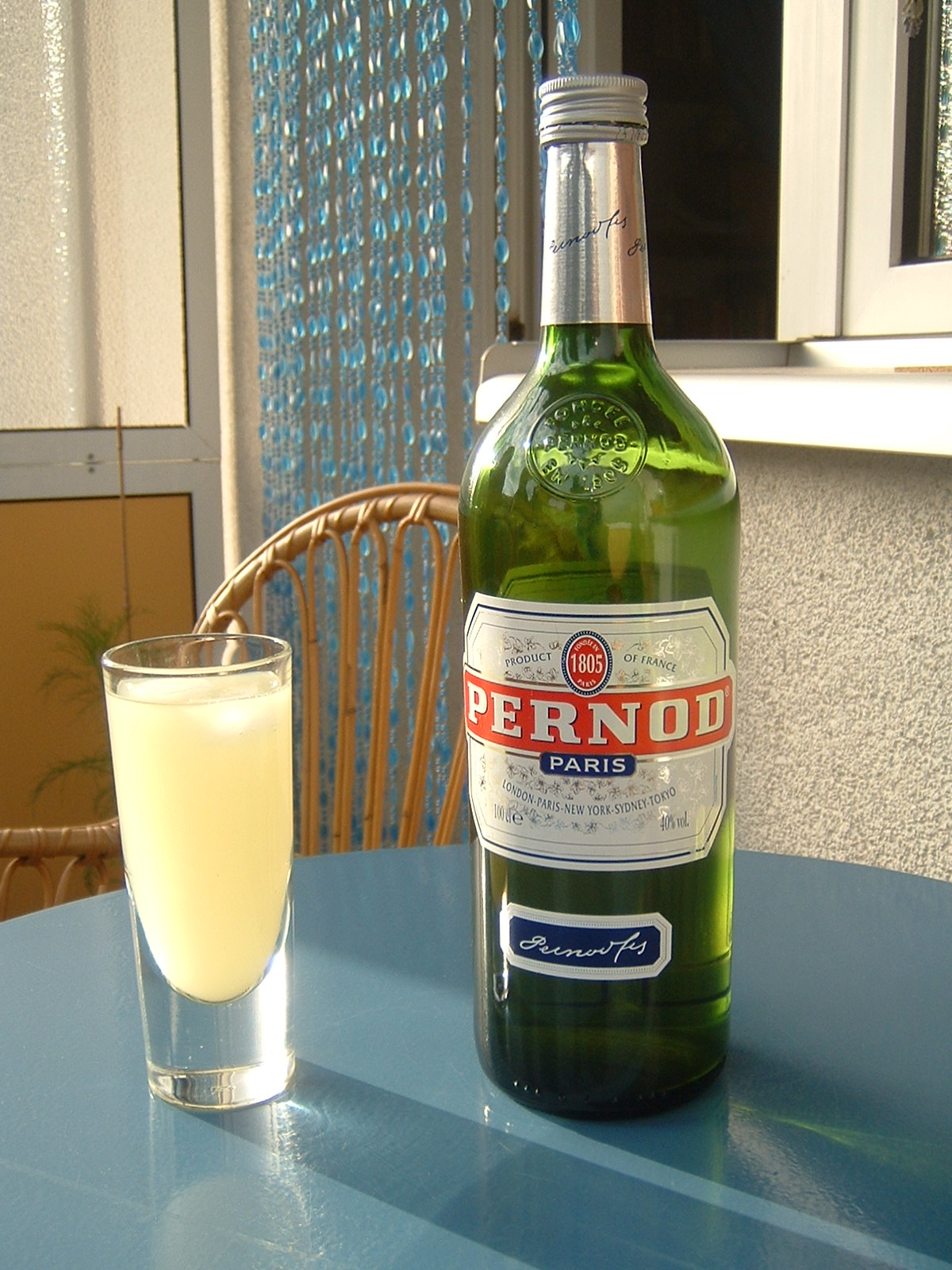Wine is the second most popular alcoholic beverage in the world after beer and one of the most commonly consumed beverages. Moreover, the wine industry is also fascinating because of its opportunities to meet different niche sectors and consumer demands.
Wine is made by fermenting grape juice. In a chemical reaction, yeast converts the sugar in grapes into the alcohol, ethanol. Winemaking is an art because of the myriad of different grape varieties and types of yeast used. The vintner, the person who makes the wine, can control the development of the grapes by using specialized breeding techniques to control which traits they retain and which characteristics they lose, ultimately leading to their unique grape varieties that give the wine its unique flavor.
Winemaking, also known as vinification, is the process of transforming grape juice into wine. It involves several stages, including harvesting the grapes, crushing them to extract the juice, fermenting the juice with yeast, aging the wine, and finally, bottling and storing it.
History of Wine Making
The history of winemaking goes back thousands of years and is closely linked to human civilization. Wine became even more essential to different human activities with its connection to religion.
The earliest proto-wine primitive wine fossil was made in 7000 BC. However, China, Georgia, and even the Azerbaijan province of Iran acknowledge the evidence of ancient wine production dating back even earlier as 4000 BC. Meanwhile, the earliest evidence of continuous production of wine is recorded to be from 4100 BC in Armenia, where the earliest winery was found.
Other data showed that the origins of winemaking were traced back to ancient civilizations in the Near East, including Mesopotamia (modern-day Iraq) and ancient Egypt. The earliest record of wine production dates back to around 6000 BCE when grapevines were cultivated and fermented to produce wine.
Viticulture spread from the Middle East to ancient Egypt to the Mediterranean. The Egyptians played an essential role in growing grapes and making wine. The wine had both religious and social significance in ancient Egyptian society.
Even in the Middle Ages, winemaking continued in monasteries, where monks preserved and developed the art of winemaking. They cultivated new grape varieties and documented their winemaking knowledge. The wine was associated with Christianity and was used for sacramental purposes.
The Spread of the Winemaking Process
The wide spread of wine was undoubtedly due to the massive worldwide trade in this raw material. The 18th and 19th centuries technology revolution brought technological advancements to winemaking.
The invention of glass bottles, corks, and pasteurization technology revolutionized wine production, storage, and transportation. During this period, the importance of European wine regions such as Bordeaux, Burgundy, and Champagne increased.
Largest Wine Companies in the World
Today, winemaking is a thriving industry with many styles and flavors. Different regions worldwide have unique grape varieties, winemaking traditions, and appellations defining their wines’ characteristics. Wine has become a significant cultural and economic phenomenon enjoyed by people across the globe. Here are some of the largest winemaking companies around the world.
1. E & J Gallo
E & J Gallo is the world’s largest wine company, producing over 3% of the world’s total annual supply of 35 billion bottles. The company was founded in the 1930s, but it was only in recent decades that its popularity and sales boomed. Despite rapid growth, E J Gallo remains true to its California roots as a family business. The organization remains private today and is the world’s largest producer and distributor of California wine, brandy, and grape products.
E & J Gallo owns over 75 subsidiaries, from big-name brands like Barefoot Wine to seemingly more minor independent companies like Turning Leaf and Ghost Vines. The main specialties are Pinot Noir, Chardonnay, and Cabernet Sauvignon.
2. Constellation Brands
Constellation Brands is a powerhouse international producer and marketer of beer, wine, and spirits featured as another wine giant based in the United States, with a 1.7% market share in the global wine market.
They own and distribute various popular wine brands, including Robert Mondavi, Ravenswood, and Kim Crawford. The company was founded in New York’s Finger Lakes region. The area was once one of the country’s leading wine-producing regions but has since been overtaken by the West Coast states.
3. The Wine Group
A company built in California in 1981, The Wine Group is new to the world of world-dominating wine companies. But the company, which produces around 1.5% of the world’s wine production, is a force to be reckoned with and aims to continue growing in the coming years. Although the company primarily deals with American wineries, they are keen to expand their presence in Latin America and have recently acquired several Argentinian brands.
4. Castel Freres
A leading field in winemaking, this company already produces just over 1% of the world’s wines and works closely with a handful of traditional chateaux. Castel Freres started as a wine merchant in the famous wine region of Bordeaux but is now an international wine giant.
5. Treasury Wine Estates
Treasury Wine Estates is an Australian-based company with an extensive portfolio of wines from worldwide regions. They own well-known brands such as Penfolds, Wolf Blass, and Beringer. Treasury Wine Estates is based in Australia and produces approximately 1.2% of the world’s wine supply.
Most of the company’s breweries are based in New Zealand, Australia. However, they also have many facilities in California, Asia, Latin America, and Europe. Treasury Wine Estate experienced its most remarkable growth in the mid-20th century when it partnered with legendary wineries like Penfold.
6. Pernod Ricard
Pernod Ricard is a French-based company that produces and sells wines, spirits, and other alcoholic beverages. Although best known for its spirits, it owns several wine brands, including Jacob’s Creek, Brancott Estate, and Campo Viejo.
Pernod Ricard is a company that produces the eponymous Pernod pastis – a lightweight’s absinthe, if you will – which remains popular in bars worldwide today.
7. Viña Concha Y Toro
The Chilean wine market has grown exponentially over the last twenty years thanks to the popularity of many of the Viña Concha Y Toro wine brands. The giant company produces just over 1% of all wine from over 9,000 hectares of vineyards.
Founded in the 1880s, Vina Concha Y Toro has ties to both Spanish and Chilean nobility. The company began with just a few barrels of grapes shipped across the sea from Bordeaux, France, and has since grown into a giant wine powerhouse that continues to grow.
8. Accolade Wines
Accolade Wines is one of Australia’s largest wine companies, producing approximately 0.97% of the world’s total wine supply.
The company was founded by winemaker Thomas Hardy, an equally legendary firm that founded many of South Australia’s great wine regions in the 1850s. Most of Accolade Wines’ wineries and vineyards are located in Australia. Still, the company is rapidly expanding into the United States due to the popularity of its products in the country.
Conclusion
Winemaking is a meticulous blend of art and science, with each step contributing to creating a unique and memorable drink. From carefully cultivating the vines to blending and aging the wines, our winemakers use their expertise and passion to create a range of flavors, aromas, and textures that delight wine lovers worldwide.




